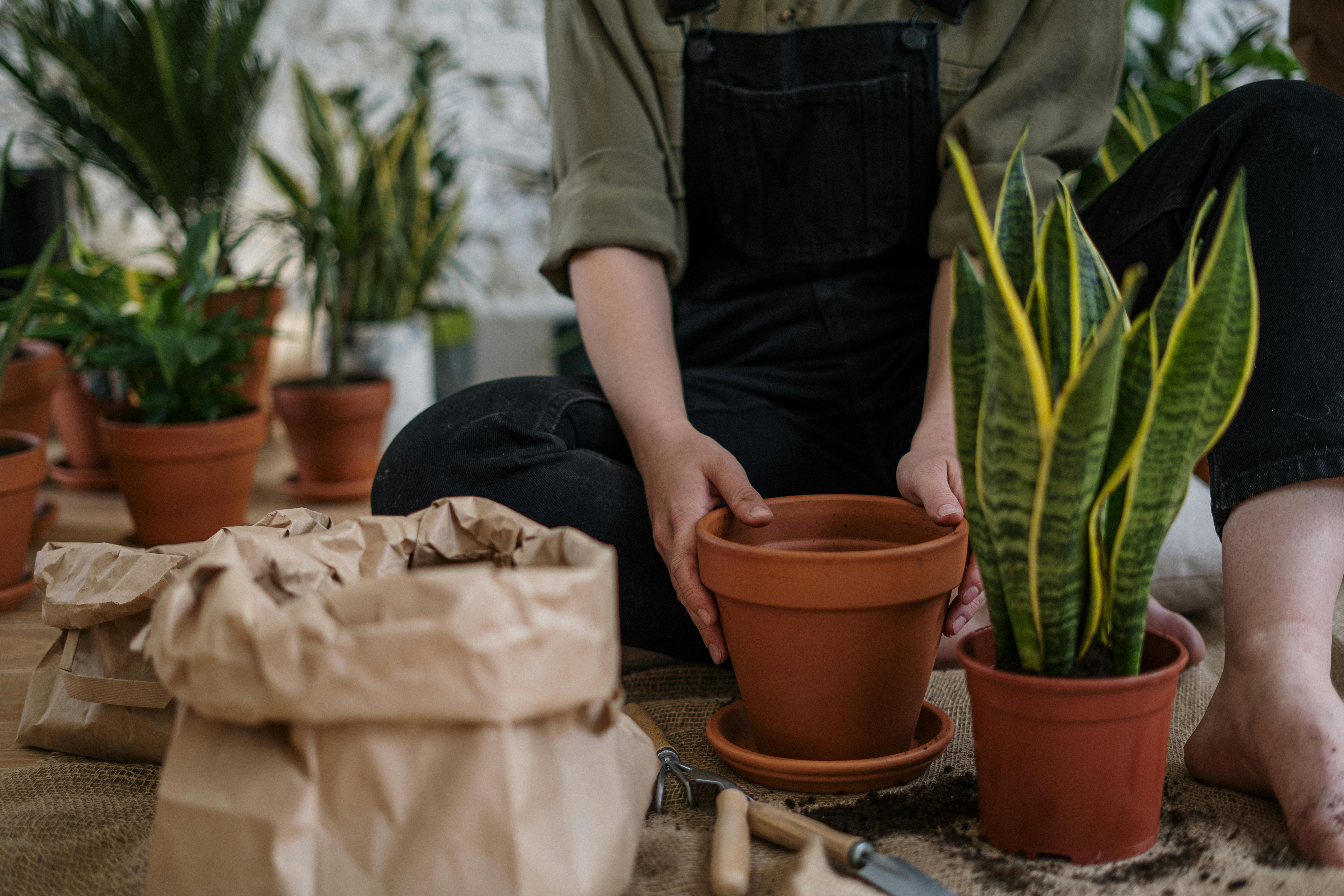Growing a herb garden is a great way to add flavor to your cooking and beauty to your home. Herbs are easy to grow and can be planted indoors or outdoors, in pots or in the ground. With a little planning, preparation, and some basic care, you can create an herb garden that will provide you with fresh herbs year-round. Read on to find out how you can get started growing your own herb garden!Starting an herb garden at home is a great way to have fresh herbs on hand for cooking and other uses. Here are some tips to help you get started:
1. Choose the right location. Herbs prefer sunny locations with plenty of access to water and good drainage. If your area is too shady, consider planting herbs in containers and bringing them indoors or under a covered porch during winter months.
2. Prepare the soil. The best soil for growing herbs is light, well-drained, and rich in organic matter such as compost or aged manure. Loosen the soil 8–10
What Herbs to Grow in an Herb Garden?
Starting an herb garden is a great way to bring fresh, flavorful herbs into your meals. With a few tips and tricks, you can turn your garden into a fragrant and productive herb paradise. When it comes to deciding what herbs to grow in your herb garden, there are a few important factors to consider.
The first step is to determine the amount of space you have available for your herb garden. Herbs can be planted in containers, raised beds or directly in the ground. Once you know how much
Choosing a Location for Your Herb Garden
When it comes to herb gardening, the location can make all the difference. The right spot for your herb garden will ensure that your plants get the best combination of sun and shade, as well as protection from strong winds. To find the best spot for your herbs, you should consider a few factors:
First, think about how much sun and shade your herbs need. Most herbs prefer at least six hours of full sun each day; however, certain varieties such as mint, parsley, and chives can tolerate partial shade.
Preparing the Soil for Your Herb Garden
Creating a productive herb garden is a rewarding experience. To ensure that your herbs grow to their full potential, it is important to prepare the soil properly before planting. The right soil texture and composition is essential for a healthy herb garden.
The first step in preparing your soil is to test the pH balance. This will help you determine if any additional nutrients need to be added to create an ideal environment for your herbs. You can purchase a soil test kit from most garden stores or online retailers.
https://images.pexels.com/photos/6044493/pexels-photo-6044493.jpeg
Planting Herbs
Growing herbs is an easy and rewarding way to add flavor and nutrition to your meals. The best way to get started is by planting your own herbs in a pot, raised bed, or in the ground. When selecting a location, choose a spot that receives at least six hours of sunlight per day. For potted plants, make sure to pick a pot that is big enough for the roots of the herb to spread out and has good drainage. For soil, use a mixture of compost and standard potting soil. Planting

Watering Your Herb Garden
Watering your herb garden is an important part of keeping your herbs healthy and productive. It is important to water the herbs regularly and deeply, as this helps promote healthy root growth and ensures that the herbs receive the necessary nutrients and moisture they need to grow. The frequency of watering depends on several factors, such as the type of soil, the amount of sun exposure, and the size of the herb garden. Generally, herbs should be watered about once a week or every other week. If it is very hot outside or there has been no rainfall
Fertilizing Your Herbs
Fertilizing your herbs is an important part of herb gardening. It helps the plants to absorb nutrients and grow. Fertilizers come in many forms, and can be applied in different ways. Organic fertilizers, such as compost and manure, are great for providing nutrients to the soil. Chemical fertilizers can also be used, but should be used sparingly and with caution as they can damage the soil if over-applied.
The type of fertilizer you use will depend on
Controlling Pests and Diseases in an Herb Garden
Herb gardens provide many benefits, from providing a steady supply of fresh herbs to beautifying outdoor spaces. However, they are also prone to pests and diseases that can damage or even kill the plants. Fortunately, there are several methods for controlling pests and diseases in an herb garden to ensure healthy growth.
One of the most effective ways to protect an herb garden from pests and diseases is to practice proper sanitation. This means removing all weeds, dead leaves, and other debris regularly to prevent the spread of disease-

Conclusion
Growing an herb garden is a rewarding experience that provides numerous benefits. Not only do you have the advantage of having fresh herbs whenever you need them, but you also get to reap the health benefits of growing your own food and enjoy the satisfaction of having a successful garden. With some effort and research, anyone can grow their own herb garden. Start small, plan ahead and be prepared for any problems that may arise. Keep up with regular maintenance of your garden and you will soon be able to enjoy all the benefits that come with a successful herb garden.
